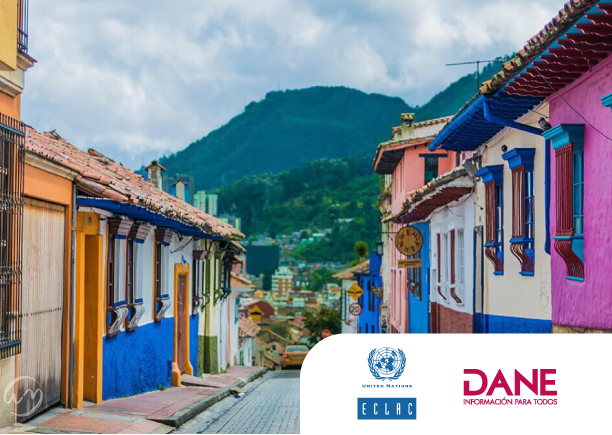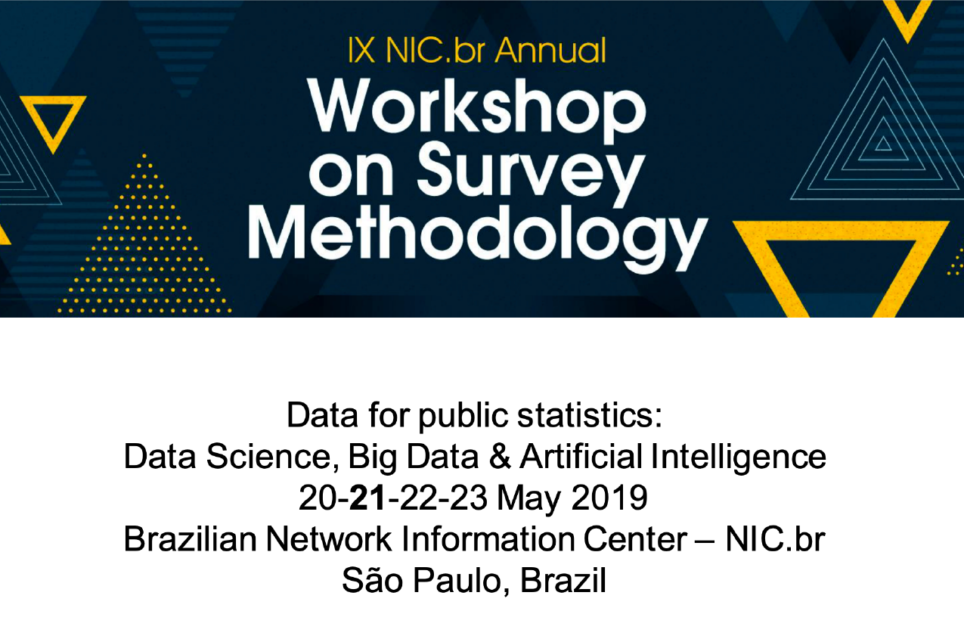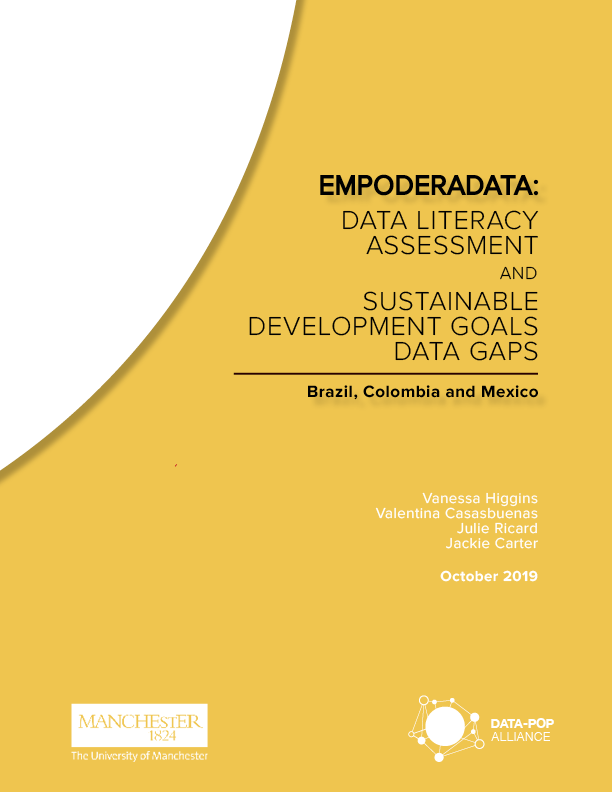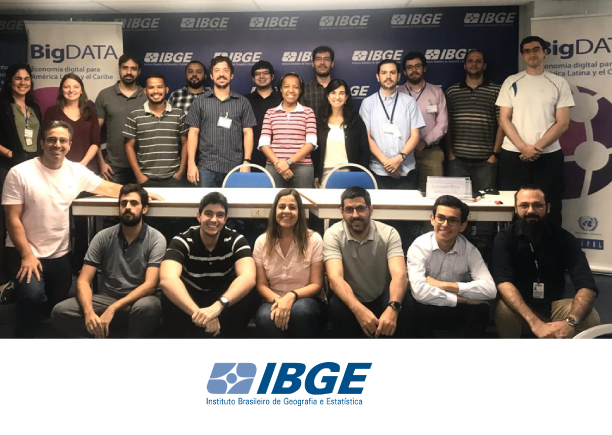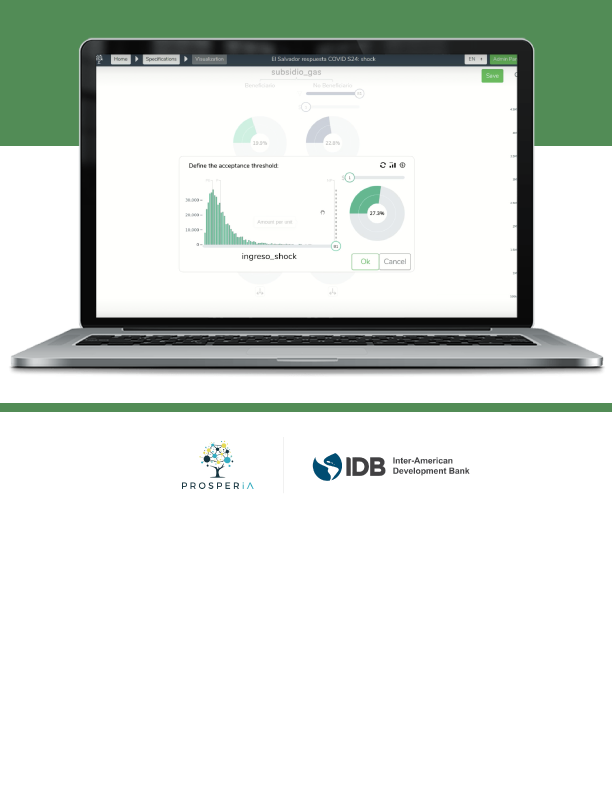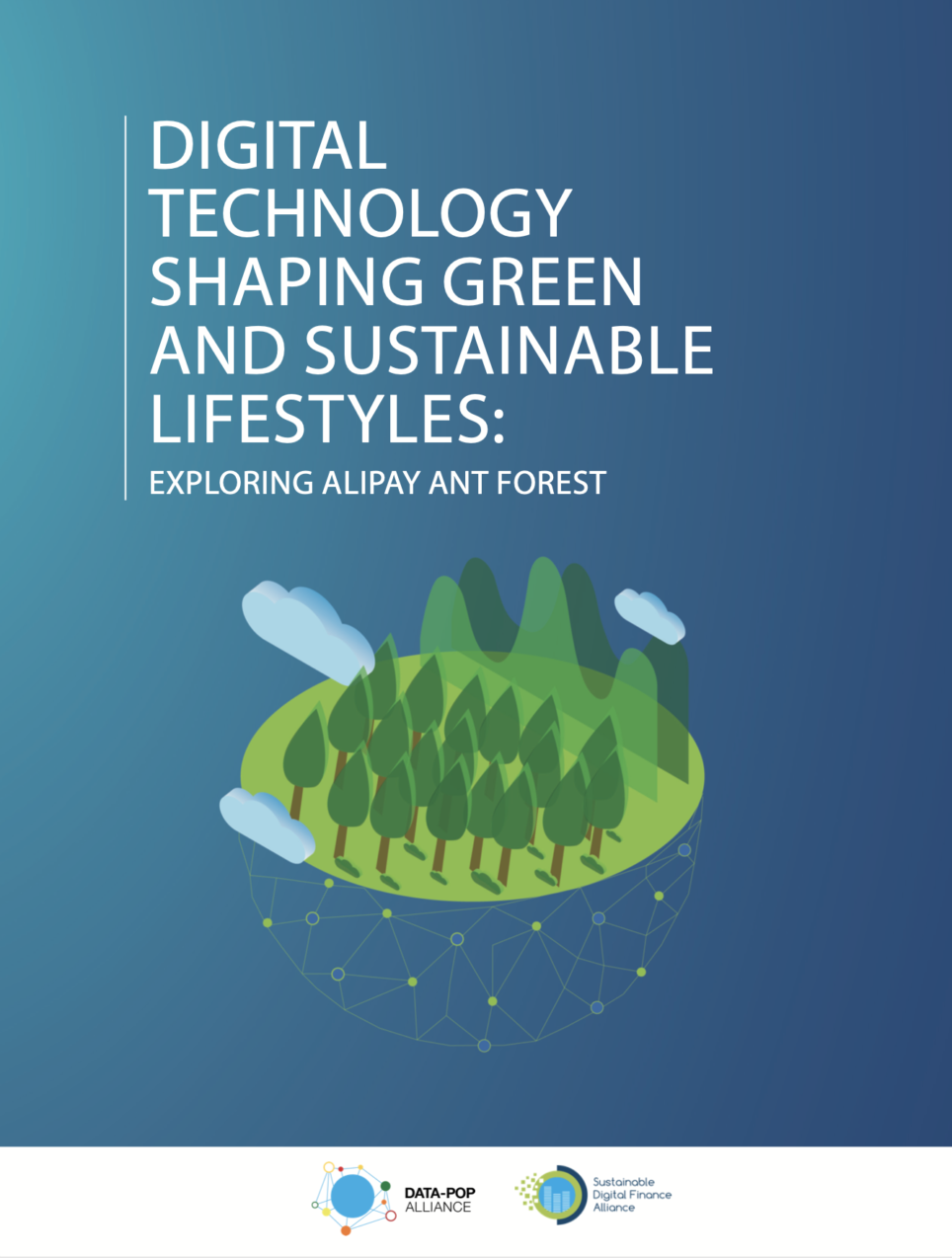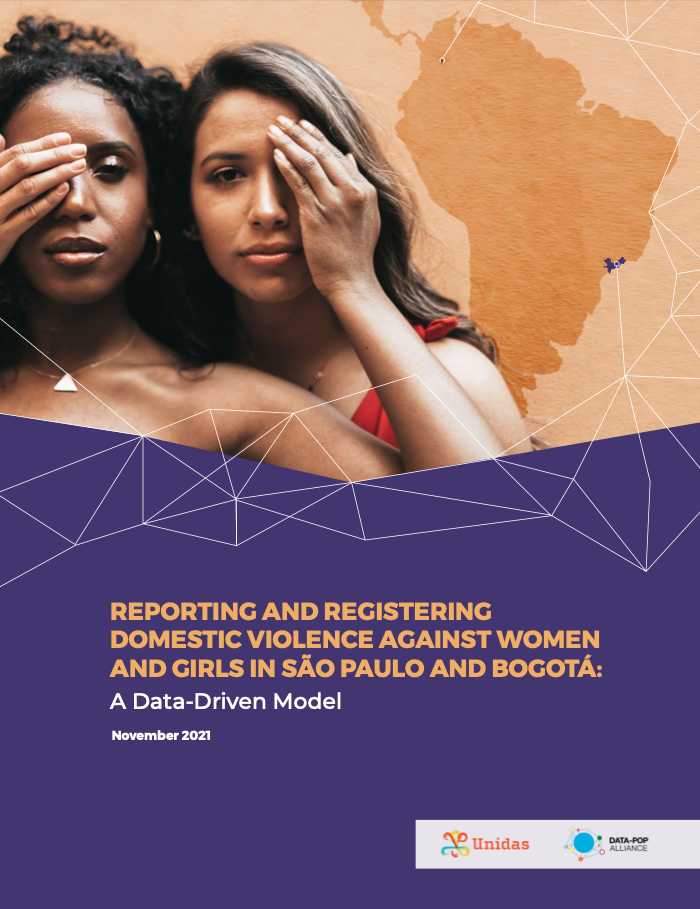The project will leverage novel ‘non-traditional’ data sources and analytics approaches to provide better indicators and instruments for mapping and monitoring multidimensional poverty in two favelas in Brazil.
Professional Training Program “Big Data for Measuring the Digital Economy”
In partnership with the United Nations Economic Commission for Latin America and the Caribbean (ECLAC), DPA offered a series of workshops particularly focused on Big Data and the Digital Economy in the Latin American and the Caribbean region designed for development practitioners, policymakers, and researchers. Five editions were delivered in: Santiago de Chile (March 2016), São Paulo (September 2017) —in … Read More
Workshop on Survey Methodology with CETIC & NIC
Data-Pop Alliance offered training in São Paulo with the Regional Center for Studies on the Development of the Information Society (CETIC) and the Brazilian Network Information Center (NIC) annually from 2016 through 2019. The 2019 edition included a session by DPA Director and Co-Founder Emmanuel Letouzé titled “Data for Public Statistics: Data Science, Big Data & Artificial Intelligence”, click below … Read More
EmpoderaData
EmpoderaData builds upon the success of the “Quantitative Step” (Q-Step) program, which was developed as a strategic response to the shortage of quantitatively-skilled social science graduates in the United Kingdom. Together, University of Manchester and Data-Pop Alliance expanded upon the program’s excellent results, exploring this model in the Global South as the “EmpoderaData Project”. The project aimed to promote a … Read More
Workshop “Web Data Collection and Analysis”
In November 2019, Data-Pop Alliance, in partnership with ECLAC and IBGE, conducted its first technical workshop in Rio de Janeiro, tailored specifically to the needs of the staff at the Brazilian National Statistical Office (IBGE). The goal was to help them to build and strengthen internal capacities to leverage web data collection and analysis in their projects. The workshop emerged … Read More
Using Misinformation as a Political Weapon: COVID-19 and Bolsonaro in Brazil
With over 30,000 confirmed cases, Brazil is currently the country most affected by COVID-19 in Latin America, and ranked 12th worldwide. Despite all evidence, a strong rhetoric undermining risks associated to COVID-19 has been endorsed at the highest levels of the Brazilian government, making President Jair Bolsonaro the leader of the “coronavirus-denial movement”. To support this strategy, different forms of … Read More
Criteria: An Interactive Decision Support System
Criteria, a project led by Prosperia with funding from the Inter-American Development Bank (IDB) and support from Data-Pop Alliance, is an interactive decision support system that empowers policy-makers to explore, analyze, and take decisions on the basis of a large number of potential designs and targeting schemes for social policies. Criteria uses microsimulations on survey and administrative data to visualize … Read More
Report “Digital Technology Shaping Green and Sustainable Lifestyles: Exploring Alipay Ant Forest”
This report analyzes Alipay’s Ant Forest’s exponential growth and its trajectory and vision to unlock the power of individual behavior change for climate change mitigation. It explains how this green initiative (via digital functions) has managed to encourage users to engage in low-carbon activities in their daily life. It estimates that the market size for an innovation such as Alipay … Read More
Reporting and Registering Domestic Violence Against Women and Girls in Mexico City, Bogota and Sao Paulo: A Data-Driven Model
This project, developed with support from UNIDAS and GIZ Data Lab, leveraged traditional and non-traditional data sources to assess the reporting capability of women and girls in Mexico City, Bogota and Sao Paulo. The analytical model estimated the probability of registering domestic violence at the locality or municipal level, taking into account personal (e.g. age, educational attainment) and environmental factors … Read More


